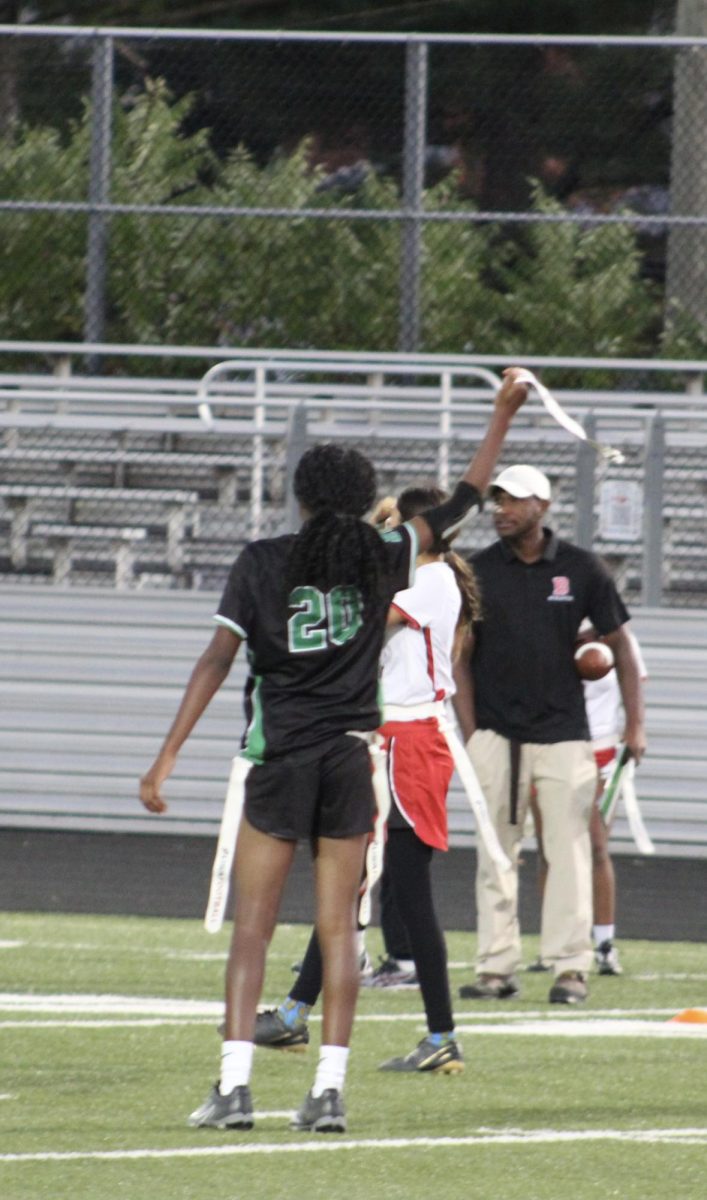Anti-Semitism: the depressing, defining feature of the modern left
Jeremy Corbyn, leader of the Labour Party in Parliament, addresses an audience. Under Corbyn’s stewardship, Labour has fostered a culture of anti-Semitism indicative of wider trends throughout international politics. Photo courtesy of Chatham House.
May 22, 2018
For approximately the last half-century, it has been thought that the scourge of anti-Semitism was vanquished from the West. As a society, we thought that the days of casual prejudice against Jews that pervaded American and European society were finished. Gone were the days of quotas for Jews at American universities and the air of resentment and malice in Europe. This certainty, however, has proved to be a vanishing illusion. Today, anti-Semitism is resurgent: from the rise of far-right populists, the growth of the anti-Semitic left, and to the increasing prominence of the anti-Israel and anti-Semitic boycott, divestment and sanctions movement, hatred of Jews in the West is at levels not seen for some time.
In hindsight, it was foolish to ever believe that anti-Semitism had, in large part, perished – for it has existed for the entirety of historical memory. Only in the last 50 years did such prejudice become socially unacceptable.
The last few years, however, have seen anti-Semitism injected once more into the political mainstream. The left bears much of the responsibility for this – witness the rise of the ultra-left wing Jeremy Corbyn to the helm of Britain’s Labour party.
Corbyn, who is the object of adoration from millions of young Britons, spent his career taking outrageous stands on both foreign and domestic policy: he supports nationalizing most industries and supports the odious and economically bankrupt regime of Nicolas Maduro in Venezuela. More concerning, however, is his animosity towards Israel, and his inability to root out outright anti-Semites from the high ranks of Labour. As such, Corbyn has appeared on Iranian state television – a bastion of anti-Israel and anti-Jewish hatred – and supported terror organizations such as Hamas and Hezbollah, claiming that they are “friends.”
Even if Corbyn is not himself an anti-Semite, he has had a continual problem with tacit approval of outright anti-Semites in the upper ranks of Labour. In 2016, in response to anti-Semitic comments by Labour MP Naz Shah and former London Mayor Ken Livingstone, Corbyn helped oversee a cursory investigation that failed to properly hold Labour’s anti-Semites to account for their actions. Corbyn’s leadership has also fostered an overall culture of hatred towards Jews among party members. Multiple pro-Corbyn social media groups spout anti-Semitism, while a number of candidates for local councils have dabbled in Holocaust denial. This is a problem common to much of the far-left across the Western World – even when individuals do not personally hold anti-Semitic beliefs, they are complicit in the normalization of such prejudice in their political circles.
Our society’s new anti-Semitism has been ignored too long. We must actively address this problem before it becomes a fixture of political discourse, and translates into concrete, anti-Semitic, action.





















